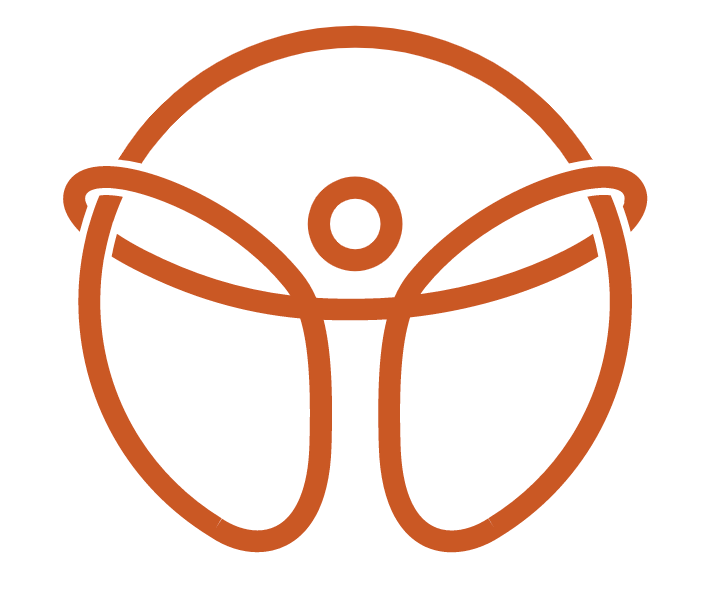Is the way you sleep causing your neck pain?
Are you waking up with neck pain day after day, wondering what's causing it? The culprit might be right under your nose, or rather, under your head - your sleeping position. The way you sleep plays a pivotal role in your overall well-being, and it could be the source of your persistent neck pain. In this blog, we'll explore the connection between sleep and neck pain and provide tips on how to improve your sleep posture for a pain-free tomorrow.
The anatomy of neck pain
Before delving into how your sleep posture affects your neck, let's understand the anatomy of neck pain. The neck, also known as the cervical spine, consists of seven vertebrae, supporting your head and facilitating a wide range of movements. Muscles, ligaments, and tendons in this area ensure stability and flexibility. However, poor sleeping habits can strain these structures, leading to discomfort and pain.
The sleep-neck Pain connection
Your sleep position significantly impacts the alignment of your spine and neck. Here are some common sleep positions and how they may contribute to neck pain:
Sleeping on Your Stomach: This position twists your neck to one side, straining the cervical spine. Over time, it can lead to stiffness and discomfort in your neck.
Sleeping on Your Back: While this position generally supports the natural curve of your spine, using a thick pillow or sleeping with multiple pillows can push your head forward, causing a misalignment.
Sleeping on Your Side: This is often considered the best position for spinal alignment. However, using an improper pillow height can lead to neck pain as your head may tilt too far up or down.
Addressing your neck pain
Choose the Right Pillow: Invest in a pillow that provides adequate support for your neck's natural curve. Memory foam or cervical pillows are excellent choices for maintaining proper spinal alignment.
Opt for a Good Mattress: An old or sagging mattress can wreak havoc on your sleep posture. A medium-firm mattress that supports your body's alignment can alleviate neck pain.
Adjust Your Sleep Position: If you're a stomach sleeper, consider transitioning to sleeping on your back or side. It may take some time to adjust, but the long-term benefits are worth it.
Stay Active: Regular exercise can strengthen the muscles supporting your neck and improve flexibility. Incorporate neck-specific stretches and exercises into your routine.
Stay Hydrated and Maintain a Healthy Diet: Proper hydration and nutrition are essential for your muscles and overall well-being.
Consult a Healthcare Professional: If your neck pain persists, consult a healthcare professional. They can provide a thorough evaluation and suggest personalized treatment options. Dr. Ackroyd and his team use many techniques to help improve neck pain with patients including acupuncture, chiropractic adjustments, massage therapy, and more.
How we can help
Your sleep posture has a profound impact on your neck health. If you're suffering from neck pain, the solution might be as simple as changing the way you sleep. By investing in the right pillows, mattresses, and adopting proper sleep positions, you can significantly reduce or eliminate neck pain. Neck pain can significantly impact our daily lives, but relief is within reach. Are you dealing with neck or shoulder pain? Consider consulting someone from our team at MVMT by scheduling an appointment. Take the first step towards a pain-free life today!

